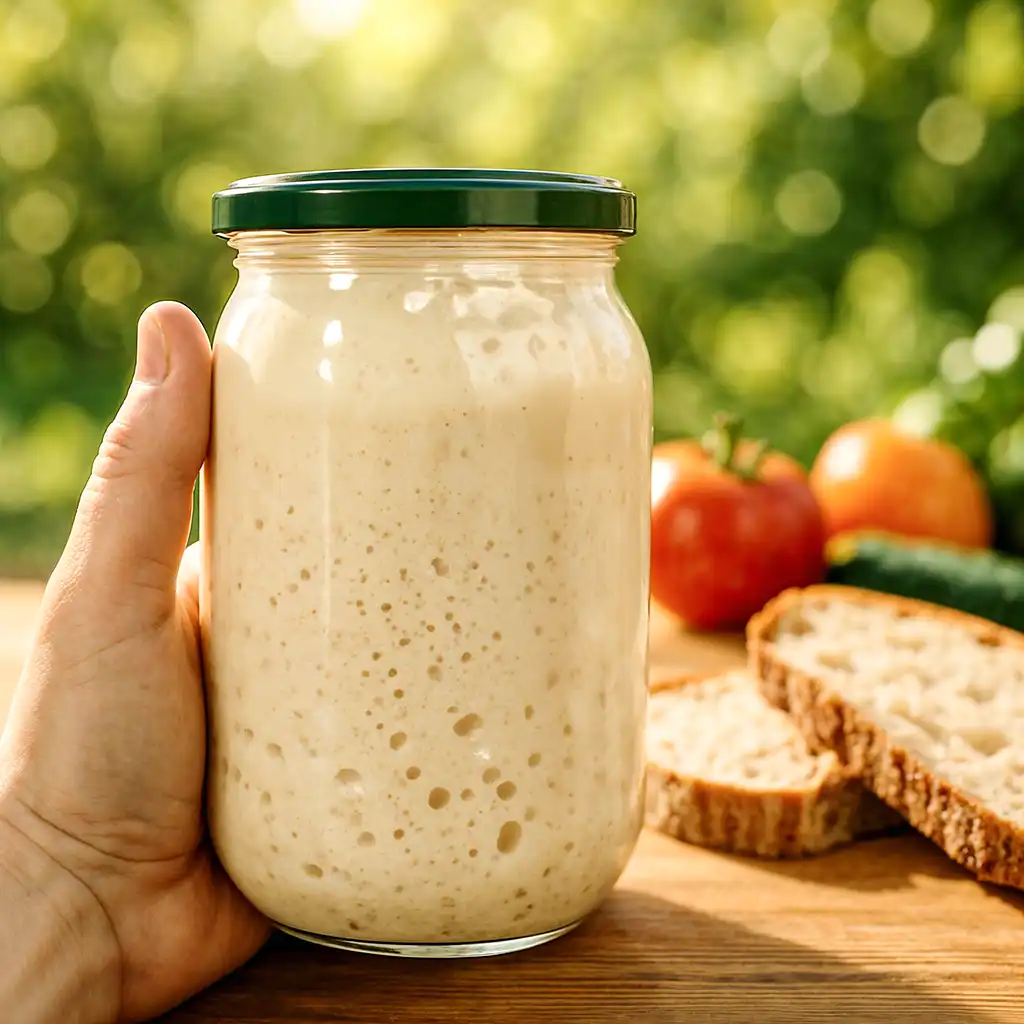Rye sourdough starter represents one of humanity's oldest culinary traditions, with roots stretching back thousands of years. The ancient Egyptians are widely credited as the creators of the first sourdough starters – gastroegyptologist Serena Love emphasizes that there's abundant evidence showing ancient Egyptians baked bread, likely discovering fermentation by accident when using yesterday's dough to bake fresh bread.
For ancient Egyptians, bread baking was an integral part of daily life. During the pyramid era, around 2500 BCE, when the Giza pyramid complex was being built, textual sources indicate that workers received daily rations of bread, beer, and onions. With 10,000 people living at the site, the amount of bread being baked was enormous.
The oldest documented sourdough yeasts date back about 4,500 years – Seamus Blackley, creator of the original Xbox console, working with a microbiologist, isolated yeasts from ancient vessels and after a week of feeding them ancient grains, baked bread that he described as "significantly sweeter and richer than the sourdough we're accustomed to."
Evidence of fermented bread can also be found in other ancient civilizations. In Mesopotamia, they prepared traditional bread called Khobz – a type of flatbread where the starter was made from ripe date fruits. In ancient China, around 500 BCE, they produced rye bread using a renewable starter made from barley and millet.
Ancient Romans also knew fermented bread. Historian Pliny the Elder described various types of bread, including Picenum bread, where flour was soaked for nine days and kneaded with grape juice. After the eruption of Vesuvius in 79 CE, a charred loaf called the "Herculaneum loaf" was discovered, which scientific analysis revealed to be sourdough bread.
Even in the New Testament, we find references to fermented bread – the process described in the Bible using leaven involved using part of yesterday's dough to bake the next day's bread.
Today this tradition lives on – some families pass their starters down through generations for hundreds of years, treating them like family treasures. It's a living connection to our culinary past that you can nurture in your own kitchen.

